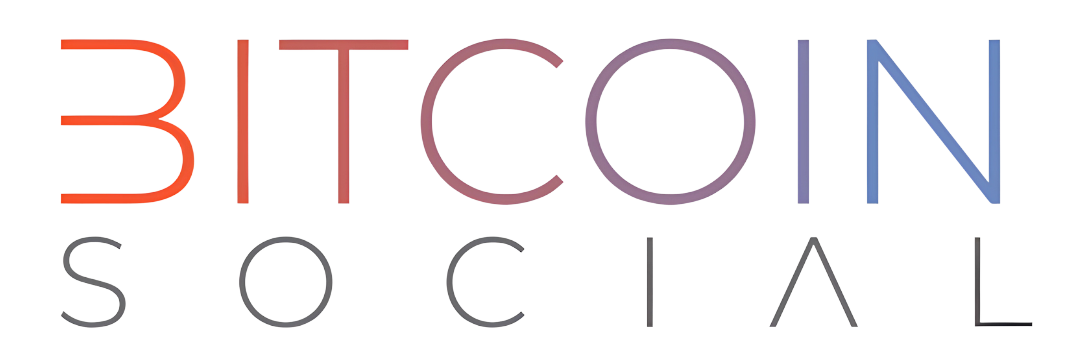It’s understandable why the NFT fever is sweeping the digital creative community. Non-fungible tokens, or NFTs, are digital assets that are one-of-a-kind and cannot be replaced or traded for another item. They are checked against a digital database called the blockchain, which records transactions and makes sure they can’t be changed or tampered with.
NFTs give digital artists an unique way to make money off of their creations. NFTs give artists the opportunity to market their digital works as unique, authenticated works of art, in contrast to traditional digital art, which is easily duplicated and shared without the creator receiving any monetary compensation. This ensures that the artist’s work is safeguarded and the buyer receives a one-of-a-kind work of digital art since once a digital artwork is sold as an NFT, it is recorded on the blockchain and cannot be duplicated.
As a result, the market for digital art and NFTs is flourishing, and many artists are seeing their pieces fetch hundreds of thousands of dollars. On NFT marketplaces like SuperRare and OpenSea, some works of digital art have even reached millions of dollars in sales.
The NFT mania has, however, also given rise to debate and criticism. Some contend that a glut of digital art and NFTs on the market is causing digital art’s value to decline. Others contend that NFTs are not a long-term sustainable model for digital art since the blockchain technology that powers them consumes a lot of energy.
The excitement around NFT’s is still going strong in spite of the criticism. It has given digital artists new opportunities and is transforming how we view and value digital art. In addition to offering customers the chance to acquire a one-of-a-kind work of digital art that can be confirmed and authenticated on the blockchain, it also offers artists an intriguing new option to monetise their work.
In conclusion, NFTs have completely revolutionized the realm of digital art by offering a fresh approach for creators to monetise their work and for consumers to possess one-of-a-kind works of digital art. NFT technology requires a lot of energy, but the advantages outweigh the drawbacks. The NFT market is still developing and is still in its infancy. It will be interesting to see how it influences the future of digital art.
Freedom
Freedom. The power to choose how to spend your time, how to invest your money, and what to do with it is a tremendously liberating experience. This is the reason why blockchain technology and cryptocurrencies are so popular. They provide independence from the status quo and opportunity, where none existed before.
Community
The most crucial element of cryptocurrency is the community. It’s a fantastic way to meet like-minded people, get jobs in the industry, and get guidance on how to best manage your path with crypto. It’s not only a place to learn about cryptocurrency.
The group has its own language and culture, which can give the impression that it is an elite club. But once you’re a part of it, you’ll see that everyone is there to support one another and not just for the money or the position.
Security
One of the most crucial elements of any investment, including cryptocurrencies, is the security of your money. In addition to being decentralized, or having no central authority, cryptocurrencies use encryption to ensure their security. Blockchain technology is extremely secure because it records all transactions on a distributed ledger made up of blocks (or pages) that are linked together using cryptography in such a way that each block can only be updated with the consensus of all network participants. This combination of decentralization and cryptography is what makes blockchain technology so secure.
The Unknowable
Each of us is seeking something. We are constantly looking for anything that will make us feel whole, whether it be a career, a new love, or even a new hobby. This is also true of blockchain technology and cryptocurrency, which provide users the chance to figure out their true selves and what they want from life. Investors in cryptocurrencies incur risks because they are aware that there are unknowable elements at work (or in this case, many unknown factors). And even though many don’t comprehend how cryptocurrencies operate or why anyone would invest in them in the first place, these people nonetheless decide to do so out of curiosity for something novel and potentially lucrative.
Independence
Imagine that you have a concept for a blockchain-based new good or service. In order to handle payments using conventional payment methods like credit cards and PayPal, you will need to partner with a major firm. But you don’t need anyone’s permission if you want to develop your own crypto token and use it as an alternative form of payment. Additionally, you won’t have to pay any fees or commissions; all you need to do is devote time to creating a product that people would find beneficial (which seems pretty fair). Because of their independence from outside parties, cryptocurrencies are intriguing because they let individuals like you choose whether crowdfunding campaigns on sites like Kickstarter or Indiegogo are worthwhile to invest in.
Despite the obstacles, blockchain and cryptocurrency are here to stay. It’s difficult to believe that a technology with so many unavoidable drawbacks could ever become as extensively utilized as it has, but the reality is that distributed ledgers and cryptocurrencies are here to stay.
The explanation for this is straightforward: They provide a never-before-seen service that enables you to send transactions via the Internet without facing obstruction from governments or banks. People adore having their own money because it frees people from centralized control systems like banks or governments; using bitcoin wallets, you can control your money independently of the government (which can be held on physical devices like USB sticks).
Conclusion
Cryptocurrency will, in my opinion, continue to develop. Although I believe in technology, I am mostly worried about all the unethical activity on both sides of the issue. We’ll all be fine as long as people utilize cryptocurrencies for beneficial purposes like giving to others and supporting initiatives they support


